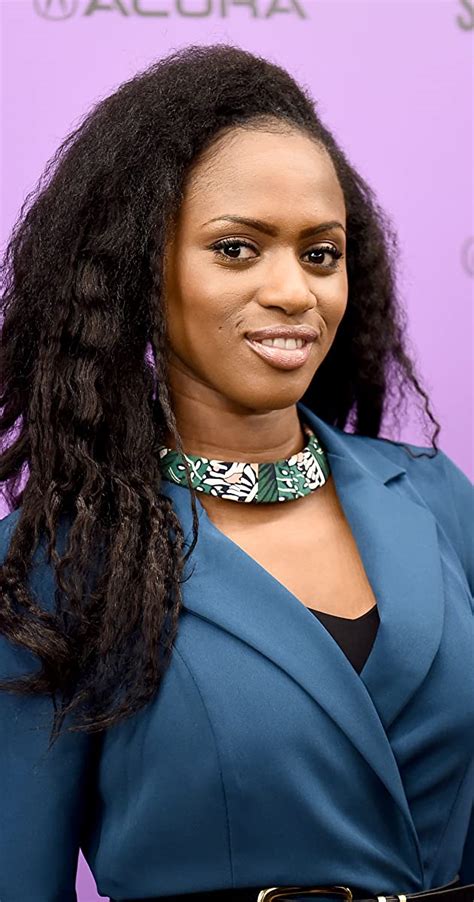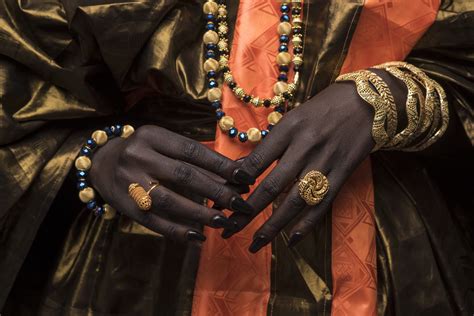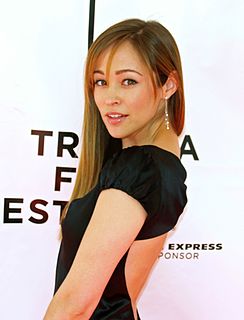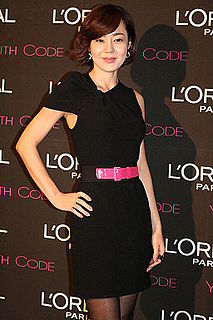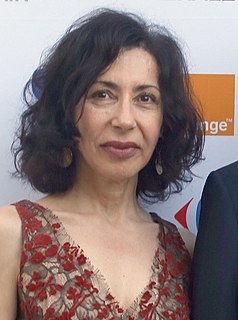A Quote by Maimouna Doucoure
Television is a sort of mirror of society, but for me, I never saw my reflection in it. Which makes it quite difficult afterwards to open up all the imaginative possibilities.
Quote Topics
Related Quotes
I also want to take cognizance of the fact that this flight was made out in the open with all the possibilities of failure, which would have been damaging to our country's prestige. Because great risks were taken in that regard, it seems to me that we have some right to claim that this open society of ours which risked much, gained much.
Blake understood. Treated it like a joke, but he understood. He saw the cracks in society, saw the little men in masks trying to hold it together...he saw the true face of the twentieth century and chose to become a reflection of it, a parody of it. No one else saw the joke. That's why he was lonely.
